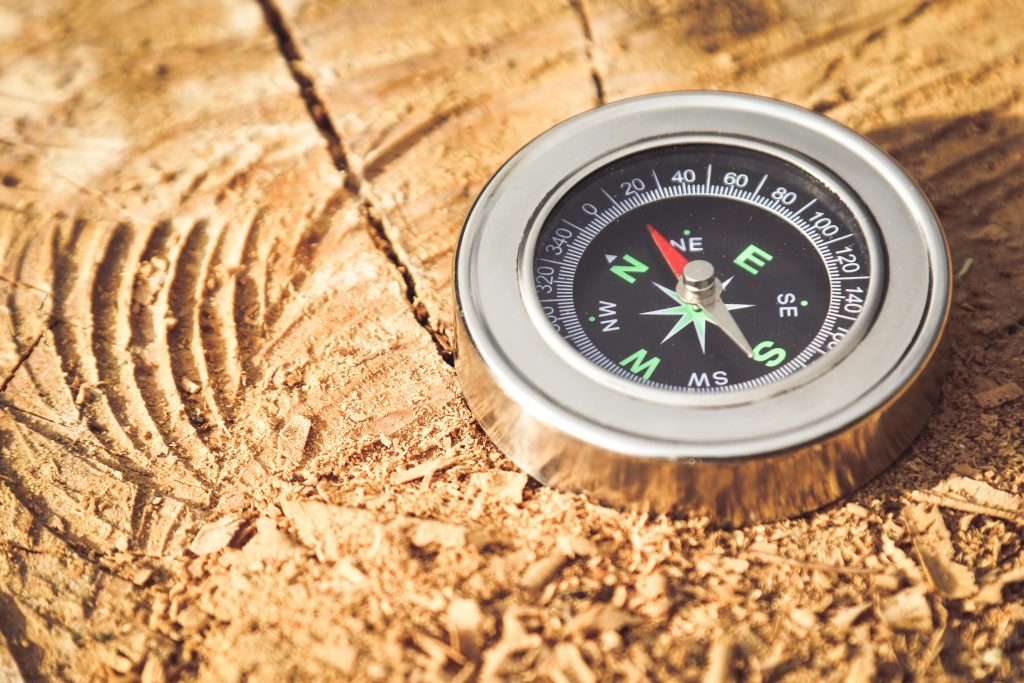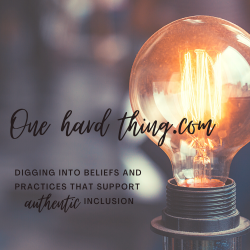
Identity is a tricky thing. We all have one, but without descriptors, it’s pretty abstract. Labels can help, but they can also harm. How do we describe our own identity to ourselves?
- There are so many descriptors we rely on when we introduce ourselves, which aren’t really indicative of who we are. What are some ways you tend to reduce your identity in casual introductions?
- Are there labels that are applied to you (maybe by you, maybe by others) that increase your social status, or options? What about labels that decrease your social status, or options?
- Can you think of a time when you agreed to a label because it helped you achieve something you wanted, even though you didn’t really like how it reduced you to a quantifier?
If you could identify yourself in a richer, more descriptive way than binary or categorical words, what sorts of things would define you? Would you focus on accomplishments, interests, goals, or simply aspects of your personality that you really like?
- “Person-centred care” is a buzzword, that could be applied to our own self-care. We are each a person! But what does that mean, exactly? What is your centre? Who are you, really? What do you think is the core aspect of you that makes you, you?
- So many times, we focus on accomplishments in our own resumes or introductions of each other. Accomplishments are simply that – things we have done. How similar are your accomplishments to your personal identity as defined by dreams, goals, interests, or longings?
- Our emotional responses to the world around us determine where our attention tends to land. If you thought of your attentional focus as a searchlight, would it be large, or tight in diameter? Where does it tend to go? What holds your interest the longest? Would that in some way be interesting as a descriptor of who you are?
- Sometimes our interests are not at all congruent with our opportunities. This can cause internal discordance, grief, or even dissociation. Are there any situations where you feel more at home, congruent with “yourself,” or settled? Would those situations (however unique) be something that could be used to describe your preferred place in the world?
Sometimes labels can paradoxically locate us exactly where we wanted to be. They can give us a community and an explanation for our quirks or differences from others that is ready-made. Labels can be a shorthand that is rich with potential for others to learn more about us just by doing general research. If the label is accurate, that is!
- What sorts of labels do you find helpful for others to know about you? Why?
- What sorts of information come with some labels that are helpful in explaining interests, directions, or abilities?
- How do you feel about having someone else apply a label to you? How is that different from self-identifying with a community by adopting a label voluntarily?
- Cultural appropriation is tightly bound up in our use of labels and the meanings we attach to them. What other sorts of harm can come from the misuse of labels?
In working with diverse groups, or with children who come from diverse places and who bring themselves as very young and relatively unformed little people, how can we do better in describing each other to each other?
- Can we be more aware of when we apply the concept of accomplishments to identity?
- Can we think more of attentional focus as a clue to our own or others’ identity, rather than success or conformity with external descriptors?
- Thinking of hopes, dreams, and interests is far more future-focused than using past accomplishments as a definition of who we are. However, maybe we could be allowed to talk about what we have achieved that holds meaning for us, subjectively and individually, and not focus so much on what holds meaning to “everyone else.” Would this approach change your introduction of yourself to others in the next new situation you find yourself in?
- In using attention or interests to define myself, I might focus more on things I do that do not bring in an income, or which support my family in unconventional ways, or which I find particularly congruent with my values, but which I’m maybe not very good at! These activities are often dismissed in my own head as less important than what I know others are curious about – my gender, my job, my marital status, my income bracket. Yet I am far more likely to become passionate about topics that are meaningful to me, and so, paradoxically, be more interesting in my expression of myself to you when I let myself be honest. Could we try describing ourselves in ways that actually agree with our own values, rather than the prevailing (assumed) norms? What would happen to casual conversations throughout the day if we did that?
- When speaking with children about who they are, could we focus a lot more on their hopes and dreams, and a lot less on what they’ve already managed to do in the fairly constrained lives they lead as dependent and developing humans? Could we convey that what they care about matters? A lot?
©2024 One Hard Thing
This page may be reproduced for the purposes described in onehardthing.com.

